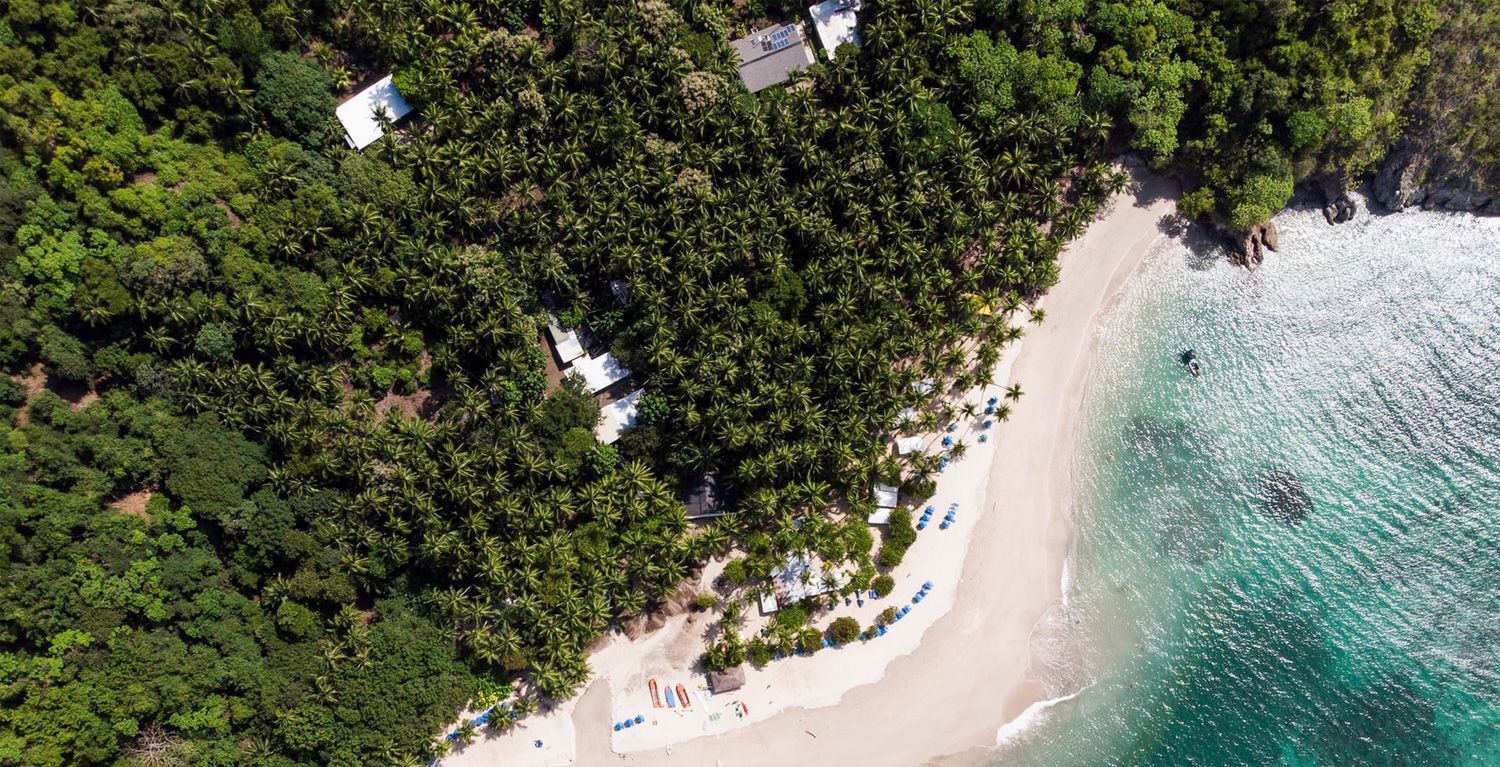When, where and how to commence internationalisation is one of the most complex decisions an organization can make, but it is also one of the most beneficial – if you start properly.
In this series, we discuss some of the complexities to consider when expanding your business cross-borders, or if you are looking at multinational investment. There are many general issues, and all countries have different legislation, regulations and tax regimes.
Here, we review some of the complexities to keep in mind when expanding or investing in Costa Rica.
Costa Rica is the gate that connects USA and LATAM. An outward-oriented country, it continues to strengthen relations with its immediate neighbours and the United States, as well as fostering trade links with China. In addition to exports, Costa Rica’s development depends largely on its ability to attract foreign investment.
One of Latin America’s most favoured investment destinations, Costa Rica is widely recognised for the quality of its workforce, its economic sustainability, dynamic business sector, and the peace and stability enjoyed for over sixty years.
In May 2021 Costa Rica became the 38th member of the Organisation for Economic Co-operation and Development (OECD), and started actively working with the other member countries to establish evidence-based international standards and find solutions to a range of social, economic and environmental challenges.
Opportunities
The most dynamic industries for foreign investment are the medical device and life sciences industries, which boasts a growth rate of a 11% between 2015–2018, making the industry Costa Rica’s leading exporter.
Light manufacturing and food processing activities both grew by a 7.8% over the same period, while advanced manufacturing expanded by a 3.1%.
Its enviable location giving access to both Caribbean and Pacific coasts provides access to high-quality raw materials, and Costa Rica has an agile transportation and logistics system, which makes it a perfect place for manufacturing.
Eco-tourism has also been attracting increasing amounts of investment, thanks to responsible environmental policy.
The Investment Promotion Agency (CINDE) is recognised as one of the most effective agencies in LATAM for investment promotion.
FDI by sector
Costa Rica’s government actively encourages foreign investment. Its well-educated labour force, low levels of corruption, physical location, dynamic investment promotion board, and attractive free trade zone incentives offer strong appeal to investors.
There are four investment incentive programs in Costa Rica: the Free Trade Zone Regime, an inward-processing regime, a duty drawback procedure, and the tourism development incentives regime.
Tax & Accounting / Regulatory
The corporate tax rate is set at 30%, and there are withholding tax requirements dividends, interest and royalties. When you add Social Security requirements for employees, the total tax rate increases to 58.6%.
That said, the admin time your taxes require is low – just 151 hours per annum.
Additionally, Costa Rica has made paying taxes easier with its electronic filing and payment system for corporate income tax and Value-added tax (13%).
The company must keep accounting records of all its transactions, with a ten-year history. Though there is no obligation to file the accounting records with annual returns, they will be requested if you are audited.
Labour / Payroll matters
For foreigners looking to invest, Costa Rica offers two residency visa options: Inversionista (investor) residency and Representante (representative) residency. Inversionistas are legally allowed to own a Costa Rican business, collect income from that business, and work in that business. Representante is reserved for company directors, and grants executives the right to work in a Costa Rican company.
Costa Rica’s labour laws require written employment agreements; however, the lack of a written contract does not significantly affect either party, nor does it diminish rights and obligations. There are also specific requirements for shift work, vacation days, sick leave, and maternity leave, along with detailed regulations regarding termination and severance pay.
Costa Rica operates a 6-day working week and requires a “thirteenth month” bonus payment of 8.33% of each employee’s monthly wage.
Banking
There are several state-owned and more than 20 private banks in Costa Rica, including some international banks. All offer services to foreigners, though not all speak English.
To open an account, you will need a valid passport, a current utility bill, initial deposit, and references.
Doing business & establishing a company
It can take 23 days to launch in Costa Rica, less than the LATAM average of 31 days.
There are 5 different corporate structures available, the most common of which are the Corporation (Sociedad Anónima or S.A.) and the Limited Liability Company (Sociedad de Responsabilidad Limitada or S.R.L.). The biggest difference between these is in the administration: an S.A. has a board of directors, while an S.R.L. has a CEO or general manager.
All companies must keep a record of minutes in official legal books and register of shareholders. These books must be available for review should a shareholder or judge request to see them.
There are no specific capital requirements, though standard practice is to provide at least CRC10,000 (around USD20). The contribution currency is flexible; many companies choose to provide USD$ as their starting capital.
It’s also possible to setup a branch office in Costa Rica – meaning the company will not have a separate legal entity but rather a recognised branch of the parent company. A branch is classed as a permanent establishment for tax purposes, so it will have the same obligations as a local entity. However, you will need an address for incorporation and, if you hire employees, a physical address for the CCSS (a public company providing social security, health, pension and protections required by law), as agents will be sent to verify the employee’s working conditions
Local Knowledge – International Coverage
Founded in 1979, Auxadi is a family-owned business working for multinational corporations, private equity funds and real estate funds. It’s the leading firm in international accounting, tax compliance and payroll services management connecting Europe and the Americas with the rest of the world, offering services in 50 countries. Its client list includes many of the top 100 PERE companies. Headquartered in Madrid, with offices in US and further 22 international subsidiaries, Auxadi serves 1,500+ SPVs across 50 jurisdictions.
All information contained in this publication is up to date on 2021. This content has been prepared for general guidance on matters of interest only, and does not constitute professional advice. You should not act upon the information contained in this chart without obtaining specific professional advice. No representation or warranty (express or implied) is given as to the accuracy or completeness of the information contained in this content, and, to the extent permitted by law, AUXADI does not accept or assume any liability, responsibility or duty of care for any consequences of you or anyone else acting, or refraining to act, in reliance on the information contained in this chart or for any decision based on it.




